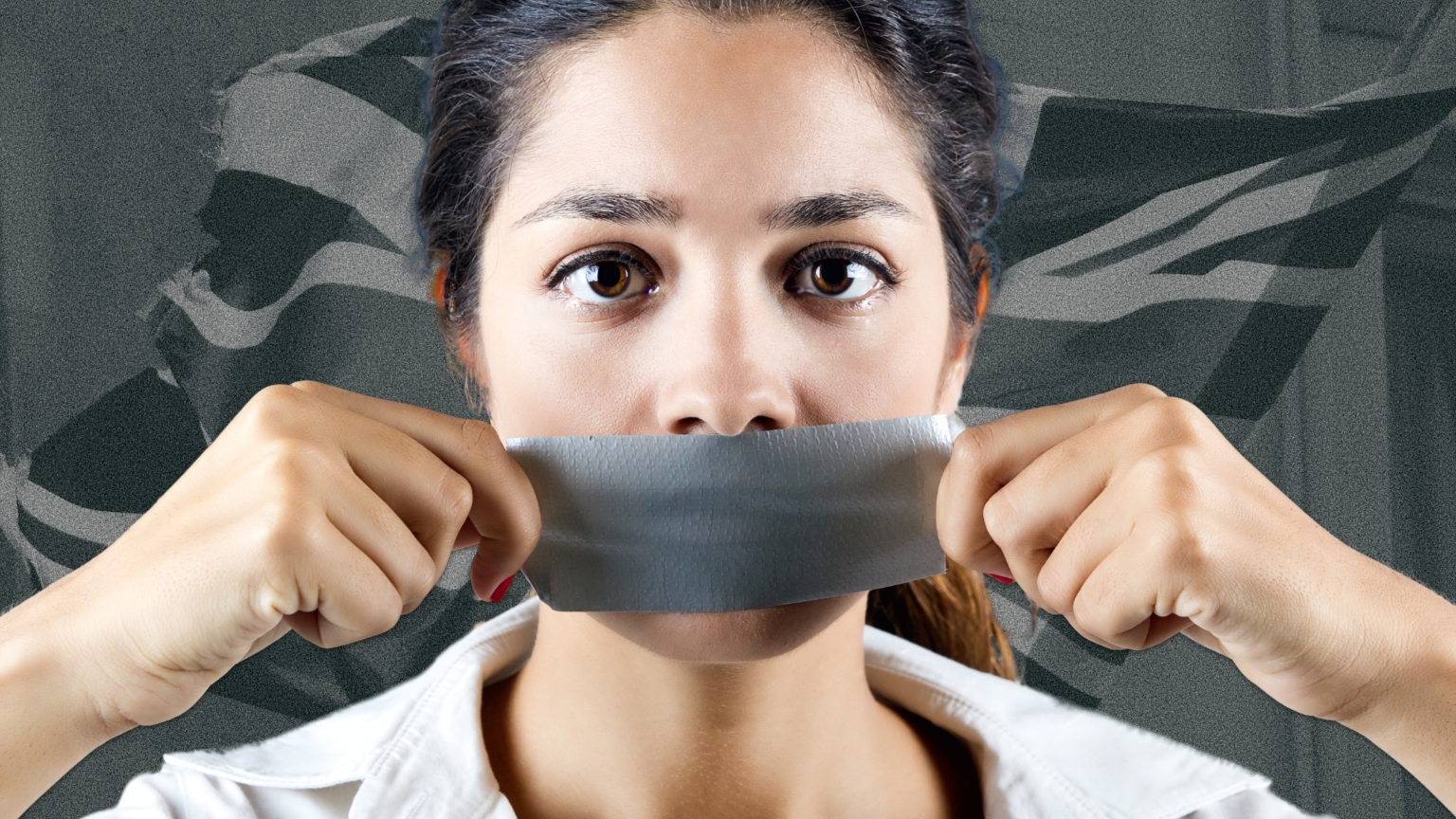A former Google executive will play a key role in developing new “online safety” rules in the United Kingdom (UK) as a new censorship and surveillance law is expected to come into force.
Gill Whitehead, who was previously a member of Google’s UK Management Group and previously led Google’s consumer and market insights function across several continents, was appointed as the Group Director of Online Safety at the UK communications regulator, Office of Communications (Ofcom), yesterday.
The appointment was announced days after the UK government reintroduced the “Online Safety Bill” — a censorship and surveillance law that will empower Ofcom to levy huge fines against Big Tech firms that fail to enforce the censorship rules in their terms of service consistently.
Whitehead will start leading Ofcom’s Online Safety Group from April 2023 as it starts preparing new rules that will “hold tech firms to account for prioritising their users’ safety.”
Bloomberg reports that Whitehead’s appointment is part of a trend of Ofcom being increasingly led by former Big Tech executives with Whitehead set to work alongside former Amazon and Meta executives.
While the reintroduced Online Safety Bill has dropped some controversial provisions that required platforms to censor “legal but harmful” content, many problematic aspects still remain.
First, large social media platforms will still be required to remove content that’s prohibited in their terms and will face fines of up to 10% of their annual turnover if they fail to do so. Many of the Big Tech platforms already have far-reaching censorship provisions in their terms which result in millions of legal posts being taken down each year. This requirement creates an even stronger incentive for them to censor.
Second, a new criminal offenses that was introduced in the previous version of the Online Safety Bill — a “false communications” offense which criminalizes sending “information that the person knows to be false” with the intention of causing “psychological harm” to a “likely audience” with “no reasonable excuse” — is still in this version of the bill. Those convicted of a false communications offense can be imprisoned for up to 51 weeks in prison.
Third, internet companies will now have to offer adults tools to help them avoid certain types of “legal but harmful” content including “glorification of eating disorders, racism, anti-semitism or misogyny.” These tools may include human moderation and warning screens. So while some legal but harmful provisions are gone, this provision will mean that a lot of legal but harmful content will be heavily censored under the Online Safety Bill, even if it’s not removed from the platform.
Fourth, the plans to ban private messaging in the UK are still in the Online Safety Bill. A legal analysis that was published last week found that the bill gives the government the right to “impose technologies that would intercept and scan private communications on a mass scale.” And according to the latest list of amendments to the Online Safety Bill, the government can still order companies to use “accredited technology” to break the end-to-end encryption in private messaging apps.
Fifth, a requirement for Ofcom to establish an “advisory committee on disinformation and misinformation” is still in the bill. This committee will advise Ofcom on “how providers of regulated services should deal with disinformation and misinformation” and how Ofcom can exercise its powers to counter so-called disinformation and misinformation on these services. The Online Safety Bill doesn’t define misinformation or disinformation but the censorship during Covid demonstrated that these terms are often used as an excuse to censor posts that challenge government narratives.
Sixth, the government press release states that platforms “may have to use age assurance measures” when the Online Safety Bill comes into force. This means that adults could be forced to hand over highly sensitive information, by submitting scans of their identity documents or having their face biometrically scanned, in order to use social media platforms — a requirement that could put their most sensitive data at risk of being leaked.
Seventh, a new law that criminalizes putting someone’s face on a nude body has been introduced with this version of the Online Safety Bill. Those convicted of this new offense can be imprisoned for up to six months.
And finally, the carve-outs that were included for large media outlets in the previous version of the bill are still here. UK state-funded media outlets, mainstream media outlets, and other outlets that are deemed to be a “recognised news publisher” are exempt from the new false communications offense that was introduced. This means that if an independent journalist fails to meet the stringent standards that are required to become a “recognised news publisher,” they can be sent to prison for 51 weeks for sharing information that violates the false communications rules while the mainstream media can share the same information and without any punishment from the state.
We obtained a copy of the list of amendments to the Online Safety Bill for you here.
We obtained a copy of the original Online Safety Bill for you here.
You can see an overview of the original Online Safety Bill here.
The Online Safety Bill is due to return to Parliament next week. If it becomes law, its provisions are expected to come into force in Spring.
Rights groups have blasted the new version of the Online Safety Bill. Big Brother Watch Director Silkie Carlo said the bill “will hand power to Silicon Valley over Britons’ rights.” Index on Censorship went even further and suggested the Online Safety Bill “would not be lawful under our common law and existing human rights legal framework.”










